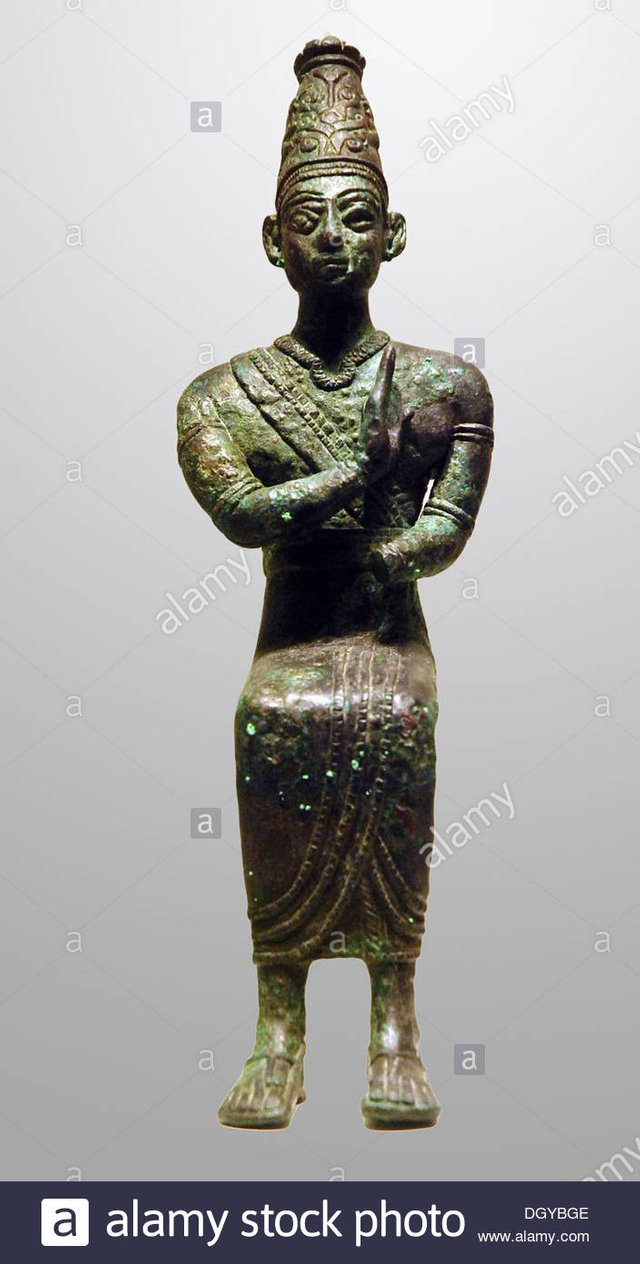Devil real meaning
Devil
1)Noun ⇸ Adjective
with “⇸” meaning “+”∪“>” (append to rhs)
Dev + il
~ Dev + Ilu (El is cognate to Akkadian general term for "local sky deity": 𒀭 , translit. "ilu")
~ Dew + Alusi (Ilu is cognate to a general term for local African deity: Alusi )
Devil~ Dragon + Sky Deity
Illu
Ilu is cognate to Indo-Euro for "serpent" or
"Eel", in Hittite: 𒈲 , translit."illu" or "illa")
~ Illuyanka
(Il.lu-ya.an.ka : 𒅋 . 𒇻 - 𒄿 𒀀 . 𒀭 .𒅗
, cognates as "illu")
Illuyanka is probably a compound, consisting of two words for "snake", Proto-Indo-European *h₁illu- and *h₂eng(w)eh₂-. The same compound members, inverted, appear in Latin anguilla "eel". The *h₁illu- word is cognate to English eel, the anka- word to Sanskrit ahi. Also this dragon is known as Illujanka and Illuyankas. Alternatively, the name is Illu/Ya the Naka, a common Asian word for serpent/snake, aka Naga. Illu/Elu refers to the Egyptian/Greek "God of Time." Ya/Iah is the Egyptian god of the Moon, which in earlier period was a goddess.
Illuyanka~ Moon God + Snake ?
2)Adjective ⇸ Noun
Daiva + El
~ Royal King of Kings
Dev
- From Armenian դեւ (dew ).
Noun: dev (plural devs )
(Armenian mythology) a monster, dragon, serpent, or giant / immortal spirits who inhabit old ruins.
- spectre, ghost, spirit
- good spirit, angel
- evil spirit, demon, devil
- pagan priest
- idol
https://en.wiktionary.org/wiki/դեւ#Old_Armenian
https://en.wiktionary.org/wiki/dev
Dev - is cognate with..
Daiva
- From Old Persian , foreign god, false god
https://en.wiktionary.org/wiki/#Old_Persian
Daiva (Sanskrit: दैव )
- Adjective
- belonging to or coming from the gods, divine, celestial
- sacred to the gods
- royal
- depending on fate, fatal
https://en.wiktionary.org/wiki/दैव#Adjective
Devī - Noun (Sanskrit: देवी)
- the Sanskrit word for "goddess"; the masculine form is Deva. Both forms mean "heavenly, divine, anything of excellence", and are also gender specific terms for a deity in Hinduism.
https://en.wikipedia.org/wiki/Devi
Devī
https://en.wiktionary.org/wiki/देवी
Dyú (Sanskrit: द्यु )
- From Proto-Indo-European *dyḗws (“sky, heaven”). Cognate with Ancient Greek Ζεύς (Zeús), Latin diēs, Hittite (sius).
Noun
- heaven, the sky
- day
- brightness, sheen, glow
- fire
https://en.wiktionary.org/wiki/द्यु#Sanskrit
El (or Ilu)

Hazor figure
- Hazor, a Canaanite city dedicated to Hathor
Includes Goat-Lotus symbolism in the headdress

El seems to be related to the Hazor figure (Cow Goddess Hathor?)
https://en.wikipedia.org/wiki/Sistrum
Nefertari, wife of Ramesses II, holding a sistrum

https://en.wikipedia.org/wiki/Nefertari
According to standard references, El refers to..
• Elohim (powers) of the bible:
http://www.abarim-publications.com/Meaning/El.html#.WnDk9Xt2slw
• El, King of the Canaanite deities.
https://en.wikipedia.org/wiki/El_(deity)
..but the reality seems to be that this so-called "El" is actually the female goddess Hazor/Hathor..
https://www.researchgate.net/publication/259709390_Let_Baal_Be_Enthroned_The_Date_Identification_and_Function_of_a_Bronze_Statue_from_Hazor
From the pose & phonetics, this El also seems to be from the Nigerian deity Ikenga Alusi. Perhaps Nefertari needed to seem as powerful as this male deity. Is the statue a form of propaganda?
Alusi
https://en.wikipedia.org/wiki/Alusi

Ikenga
https://en.wikipedia.org/wiki/Ikenga

*Odyssey story includes reference to Lotus intoxication, goats & giants..
https://en.wikipedia.org/wiki/Lotus-eaters
http://www.sacred-texts.com/cla/homer/aoo/aoo27.htm